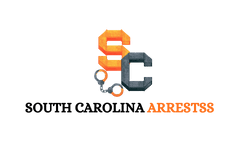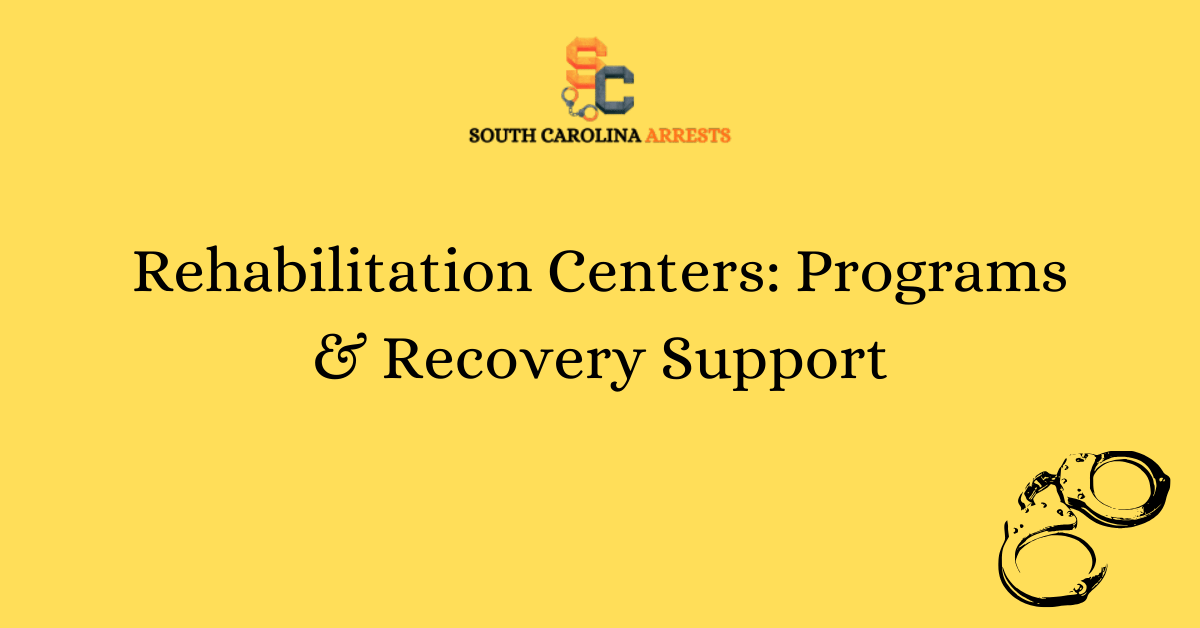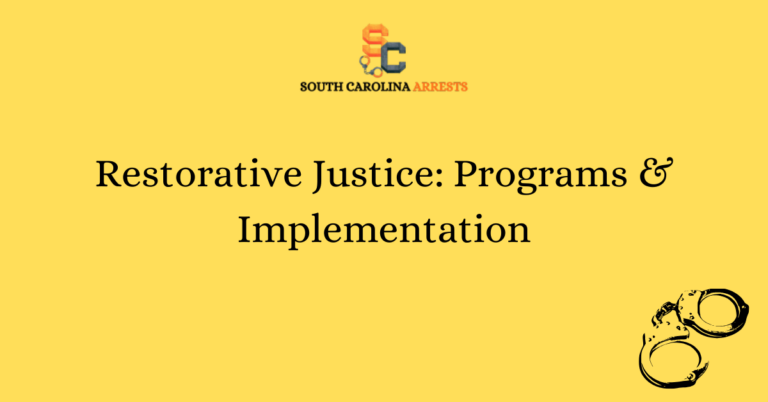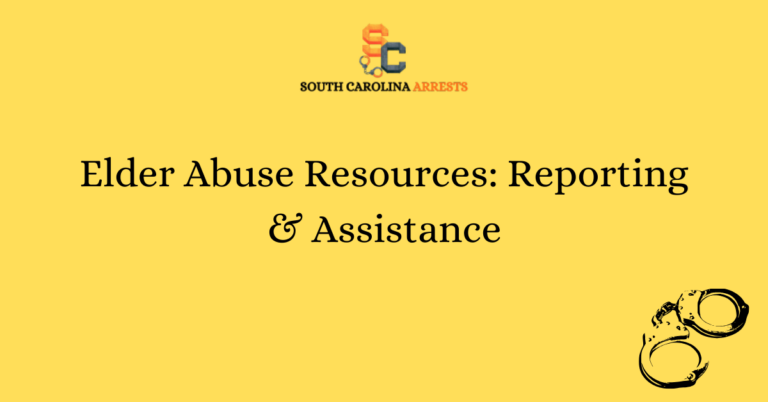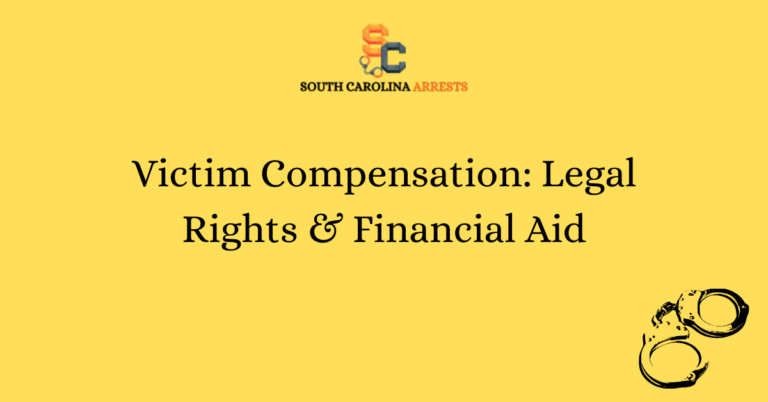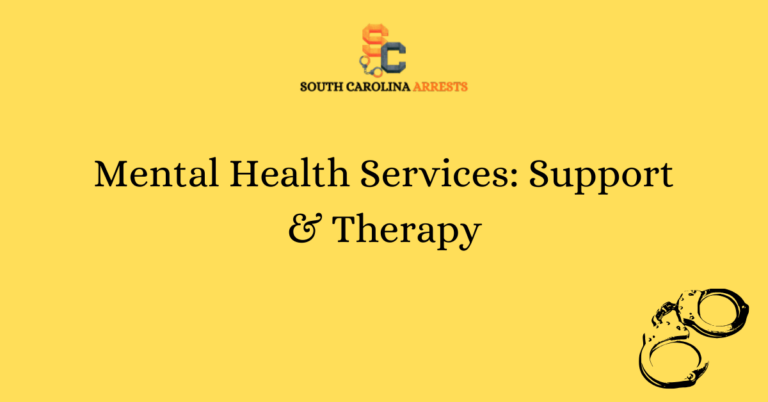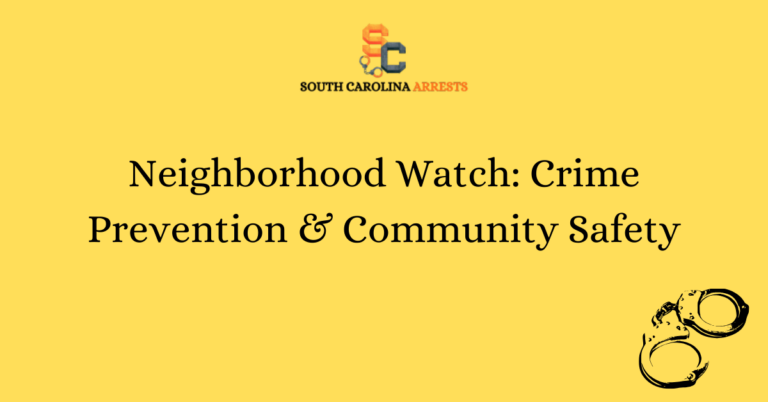Rehabilitation Centers: Programs & Recovery Support
Rehabilitation centers play a crucial role in supporting individuals on their journey to recovery. These centers offer a range of programs tailored to address various needs, from substance abuse to mental health disorders. Through a combination of therapy, counseling, and medical support, individuals can find the necessary guidance and tools to overcome challenges and work towards a healthier lifestyle.
Recovery support is an essential component of rehabilitation centers, providing ongoing assistance and encouragement to individuals post-treatment. From group therapy sessions to aftercare programs, these centers ensure that individuals have the necessary support system in place to maintain their progress and prevent relapse. With a focus on holistic healing and long-term wellness, rehabilitation centers offer a safe and supportive environment for individuals to embark on their journey towards a brighter future.
Programs Offered at Rehabilitation Centers
Rehabilitation centers offer a variety of programs tailored to meet the individual needs of each patient. These programs are designed to address the physical, mental, and emotional aspects of addiction recovery. Customized treatment plans are created based on a thorough assessment of the patient’s condition, ensuring that they receive the most effective care possible.
Therapy options including cognitive behavioral therapy
One of the key components of rehabilitation programs is therapy. Cognitive behavioral therapy (CBT) is a widely used approach that helps patients identify negative thought patterns and behaviors that contribute to their addiction. By teaching patients healthier coping mechanisms and problem-solving skills, CBT helps them develop a strong foundation for long-term recovery.
Medical support for detoxification and physical health
Detoxification is often the first step in addiction treatment. Rehabilitation centers provide medical support to help patients safely and comfortably withdraw from drugs or alcohol. Medical professionals monitor patients’ physical health throughout the detox process, ensuring that they receive the necessary care and medication to manage withdrawal symptoms.
Importance of Recovery Support Post-Treatment
Recovery support is a crucial aspect of the rehabilitation process that continues long after treatment ends. Group therapy sessions provide patients with ongoing support from peers who understand their struggles and can offer valuable advice and encouragement. These sessions help patients build a strong support network and develop healthy relationships with others in recovery.
Aftercare programs to prevent relapse
Aftercare programs are designed to help patients transition back into their daily lives while minimizing the risk of relapse. These programs may include individual therapy, support group meetings, and skills training to help patients cope with triggers and cravings. By providing continued guidance and support, aftercare programs play a vital role in long-term recovery.
Continued assistance for long-term wellness goals
Rehabilitation centers understand that recovery is a lifelong journey that requires ongoing support and guidance. Continued assistance is available to help patients set and achieve their long-term wellness goals, whether they involve maintaining sobriety, improving relationships, or pursuing new interests. By offering comprehensive support, rehabilitation centers empower patients to lead fulfilling and healthy lives beyond treatment.
Frequently Asked Questions
Here you can find answers to some common queries and detailed information about Rehabilitation Centers: Programs & Recovery Support.
What services do rehabilitation centers offer?
Rehabilitation centers offer a range of services including medical detox, individual therapy, group therapy, medication management, family therapy, and aftercare planning. These services are tailored to meet the individual needs of each patient and support their journey toward recovery.
How long do programs at rehabilitation centers typically last?
The duration of programs at rehabilitation centers can vary depending on the individual’s needs and progress. Some programs may last for 30 days, while others may extend to 60 or 90 days. Long-term programs may also be available for individuals who require ongoing support and care.
What types of therapies are commonly used in rehabilitation centers?
Therapies commonly used in rehabilitation centers include cognitive-behavioral therapy (CBT), dialectical behavior therapy (DBT), motivational interviewing, and experiential therapies such as art therapy or equine therapy. These therapies are designed to address underlying issues and promote long-lasting recovery.
How do rehabilitation centers support patients during the recovery process?
Rehabilitation centers provide a supportive and structured environment where patients can focus on their recovery without distractions. They offer 24/7 monitoring, individualized treatment plans, access to medical and psychiatric care, and ongoing support from a multidisciplinary team of professionals.
What should I look for when choosing a rehabilitation center?
When choosing a rehabilitation center, it is important to consider factors such as accreditation, the qualifications of staff members, the range of services offered, the success rates of the programs, the location and amenities of the facility, and the aftercare support provided. It is also helpful to read reviews and testimonials from former patients to get a sense of the center’s reputation.
